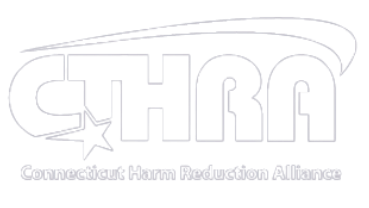What is Harm Reduction?
Harm reduction refers to practices that aim to minimize the harm of drug use and sex work without judgment, coercion, discrimination, or requiring that people stop using drugs or engaging in sex work as a precondition of support.
SWAN’s commitment to harm reduction means that we try to meet people’s most pressing needs without standing in judgment of their choices. To counter the harms of structural disempowerment, SWAN connects people on the streets to basic resources, bridges the gap between the streets and social service organizations, and advocates alongside clients to local authorities and service providers.
SWAN advocates for the expansion of syringe exchanges, for expanded access to and availability of naloxone, and for the introduction of safe injection sites (also known as supervised consumption facilities). Safe consumption sites are legally sanctioned facilities that allow people to consume pre-obtained drugs under the supervision of trained staff. Evidence from such facilities around the world show that they reduce overdose rates and promote access to health services.
Principles of Harm Reduction
According to the National Harm Reduction Coalition
1
Accepts, for better or worse, that licit and illicit drug use is part of our world and chooses to work to minimize its harmful effects rather than simply ignore or condemn them.
2
Understands drug use as a complex, multi-faceted phenomenon that encompasses a continuum of behaviors from severe use to total abstinence, and acknowledges that some ways of using drugs are clearly safer than others.
3
Establishes quality of individual and community life and well-being — not necessarily cessation of all drug use — as the criteria for successful interventions and policies.
4
Calls for the non-judgmental, non-coercive provision of services and resources to people who use drugs and the communities in which they live in order to assist them in reducing attendant harm.
5
Ensures that people who use drugs and those with a history of drug use routinely have a real voice in the creation of programs and policies designed to serve them.
6
Affirms people who use drugs (PWUD) themselves as the primary agents of reducing the harms of their drug use and seeks to empower PWUD to share information and support each other in strategies which meet their actual conditions of use.
7
Recognizes that the realities of poverty, class, racism, social isolation, past trauma, sex-based discrimination, and other social inequalities affect both people’s vulnerability to and capacity for effectively dealing with drug-related harm.
8
Does not attempt to minimize or ignore the real and tragic harm and danger that can be associated with illicit drug use.

